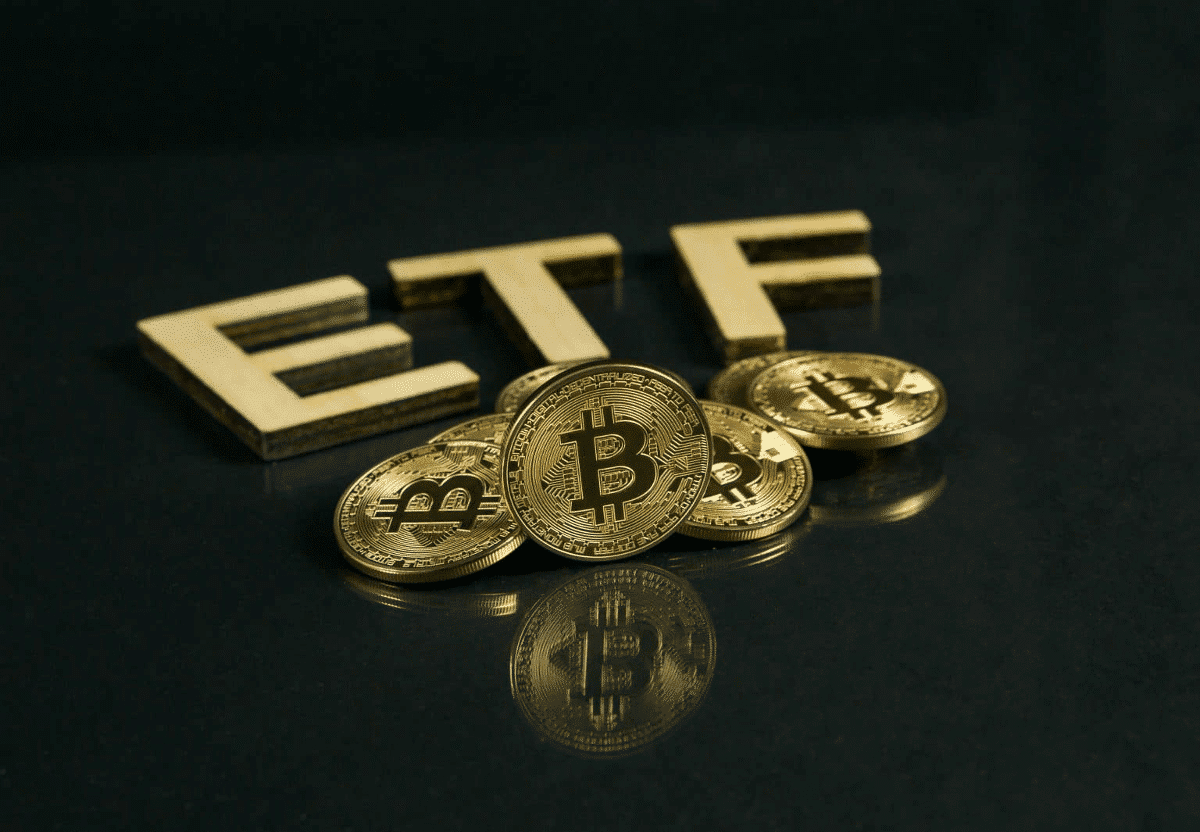Okay, folks, buckle up because this is HUGE. According to CoinTelegraph, governments, pension funds, and sovereign wealth funds – the big players – are seriously increasing their investments in Bitcoin ETFs. Seriously! This isn’t just some retail frenzy anymore.
What’s driving this? Well, it’s a triple threat. First, and maybe most importantly, we’re witnessing a growing, and frankly, a necessary move away from the almighty dollar – a process often called ‘de-dollarization.’ Countries are waking up to the risks of relying so heavily on a single currency.
Secondly, the shifting landscape of the energy market is playing a role. Bitcoin, with its potential to incentivize renewable energy and its decentralized nature, offers an alternative in a world grappling with energy security.
And finally, institutional confidence in Bitcoin is finally, finally, solidifying. They’re seeing the light – this isn’t just a speculative asset; it’s a potential store of value, a hedge against inflation, and a technological revolution all rolled into one.
Let’s break down de-dollarization a bit further:
De-dollarization isn’t about eliminating the dollar overnight. It’s a gradual process where nations diversify their reserves. Think of it like not putting all your eggs in one basket.
This trend is accelerated by geopolitical tensions and the US utilizing the dollar as a political tool. Sanctions and economic pressures push countries to find alternatives.
Bitcoin, with its decentralized nature, offers a way to transact outside the traditional financial system. Eliminating potential control from any single government is a powerful advantage.
The energy implications are fascinating too. Bitcoin mining can be powered by stranded energy, like excess renewable sources, making it economically viable.
Ultimately, this isn’t just about Bitcoin’s price going up (though, let’s be honest, that’s a nice bonus!). It’s about a fundamental shift in the global financial order.




